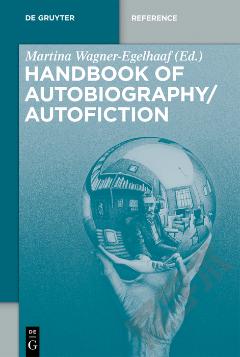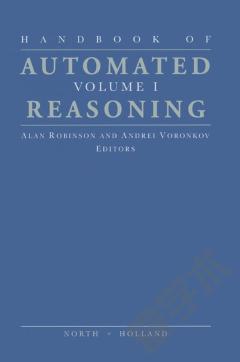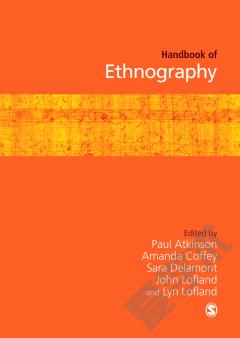Handbook of Autobiography / Autofiction
Autobiographical writings have been a major cultural genre from antiquity to the present time. General questions of the literary as, e.g., the relation between literature and reality, truth and fiction, the dependency of author, narrator, and figure, or issues of individual and cultural styles etc., can be studied preeminently in the autobiographical genre. Yet, the tradition of life-writing has, in the course of literary history, developed manifold types and forms. Especially in the globalized age, where the media and other technological / cultural factors contribute to a rapid transformation of lifestyles, autobiographical writing has maintained, even enhanced, its popularity and importance. By conceiving autobiography in a wide sense that includes memoirs, diaries, self-portraits and autofiction as well as media transformations of the genre, this three-volume handbook offers a comprehensive survey of theoretical approaches, systematic aspects, and historical developments in an international and interdisciplinary perspective. While autobiography is usually considered to be a European tradition, special emphasis is placed on the modes of self-representation in non-Western cultures and on inter- and transcultural perspectives of the genre. The individual contributions are closely interconnected by a system of cross-references. The handbook addresses scholars of cultural and literary studies, students as well as non-academic readers.
{{comment.content}}








 京公网安备 11010802027623号
京公网安备 11010802027623号